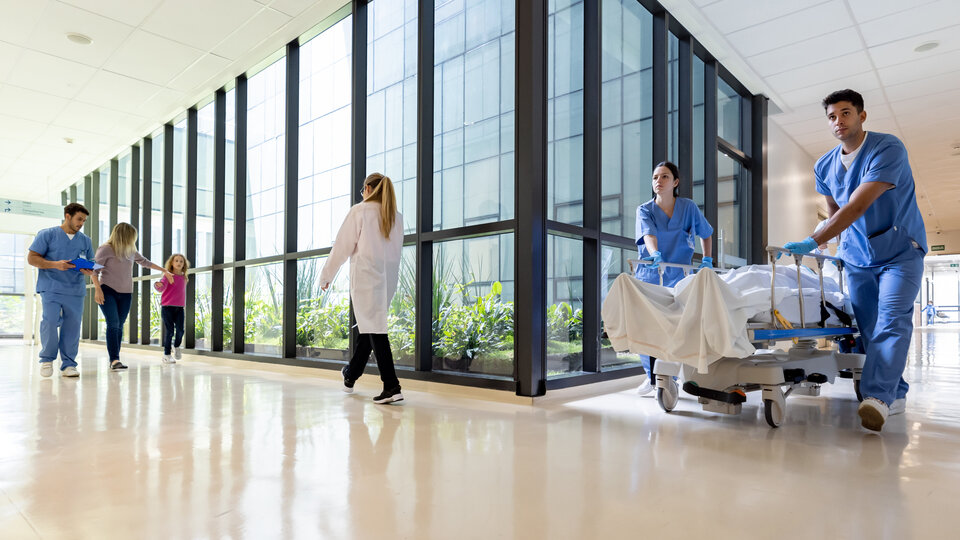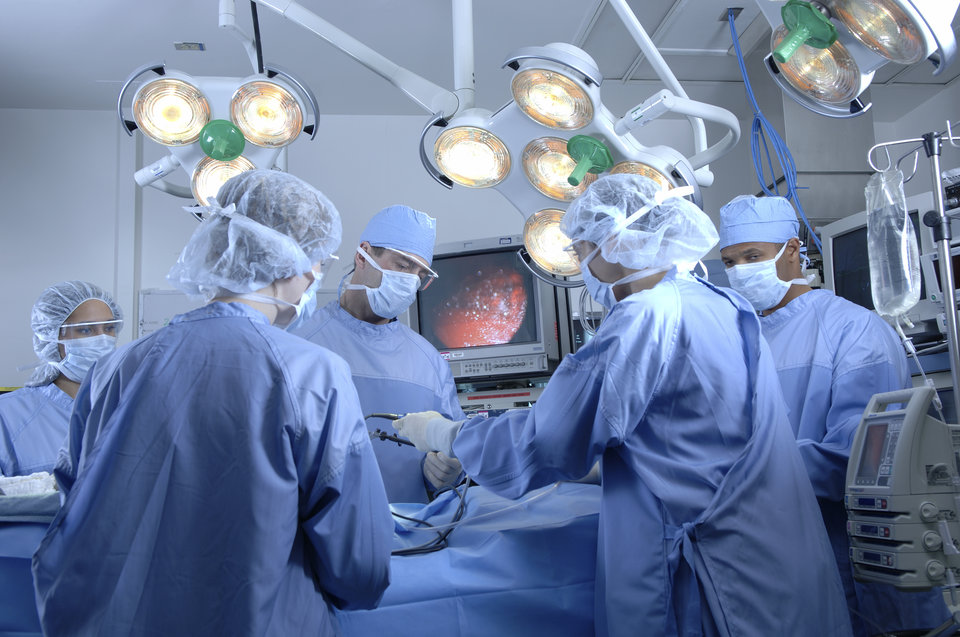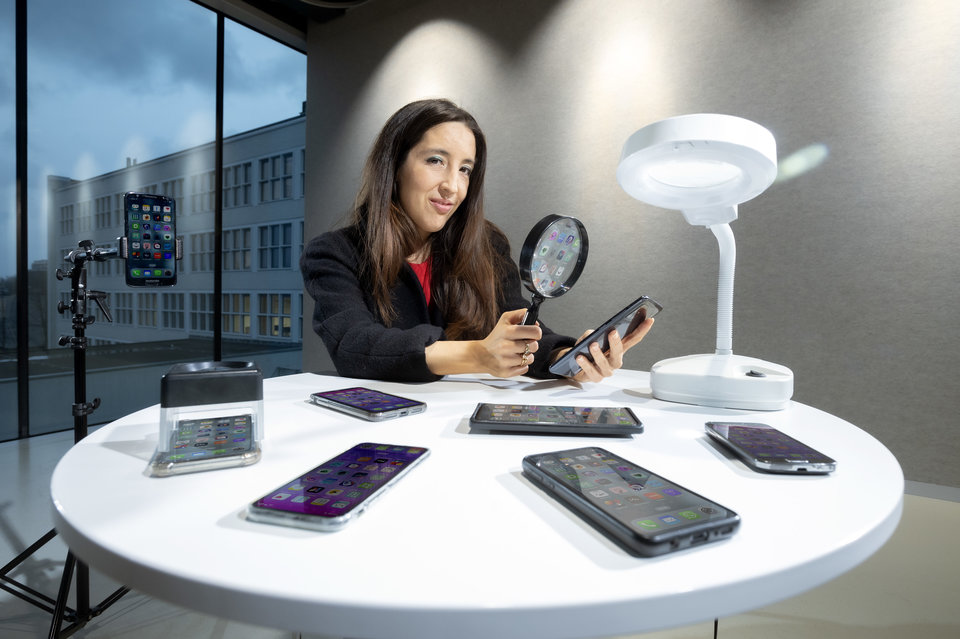Across the globe, the climate is changing. As a society, we are preparing for the risks and working on innovations to mitigate further climate change. We are bringing together the knowledge we need to better understand the climate and working towards accelerating the energy transition.
TBM focuses on various aspects of subjects such as climate-resilient infrastructure, behavioral insights for climate action, and system analysis for transition pathways. We study the effects of climate change and design interventions that can help society better cope with its consequences. Additionally, to ensure the success of the energy transition, a new system is needed, including adaptive delta management and improved crisis response organization. For example, at TBM, we use computer models to map the impact of individual actors' behavior on the energy system. Our goal is to understand the current systems, propose improvements that contribute to a sustainable and equitable policy, and address the ethical implications of these changes.
Subthemes
Resilient health systems
Water
Infrastructures & Governance
Treatment
Disasters
Responsible Innovation
Serious gaming
Open science
Participatory systems
Safety & security
Video: Using Game Theory to prolong the life of cancer patients
Anne-Marie Dingemans is a pulmonary physician and a professor of thoracic oncology at Erasmus MC. She researches a special type of non-small cell lung cancer. This is a rare type of cancer that is treated with pills that patients take daily. The patients are not cured, but the treatment improves symptoms within one week, and extends their life significantly. However, the disease becomes resistant to the pills after a while, which reduces the long term survival of patients. Dingemans collaborates with Kateřina Staňková and three PhD students in a completely new way to treat this type of cancer.
Meet our researchers
Stories
5.3 million granted to research on circularity in hospitals

A consortium of Dutch hospitals and universities has been granted 5.3 million euros by the Dutch National Science Agenda (NWA). The goal is…
Mentale gezondheid apps voor jongeren: hoe verbeteren we ze?

How can the many mental health smartphone apps for young people be improved? This is what the team of Healthy Start Sprint Project…
Naomi van der Linden krijgt NWO financiering toegekend voor ‘Nurse Intention study’

Naomi van der Linden is een van de 61 onderzoekers die financiering heeft gekregen vanuit de SGW Open Competitie XS van NWO. Dit zijn…
Erasmus MC and TU Delft open first healthcare AI-ethics lab
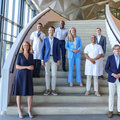
Staff shortages and the constant desire to provide high-quality medical care. These are only two of the most important reasons for a sharp…
Start-up grant exploratory and participatory modelling for Health Technology Assessment
Jan Kwakkel and Saba Hinrichs-Krapels (MAS/Policy Analysis) have just been awarded a start-up grant from ZonMw as part of their Health…
Kateřina Staňková receives Vidi grant
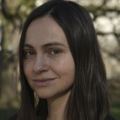
The Dutch Research Council (NWO) has awarded a Vidi grant worth up to 800,000 euros to Kateřina Staňková, a scientist of the Faculty of …
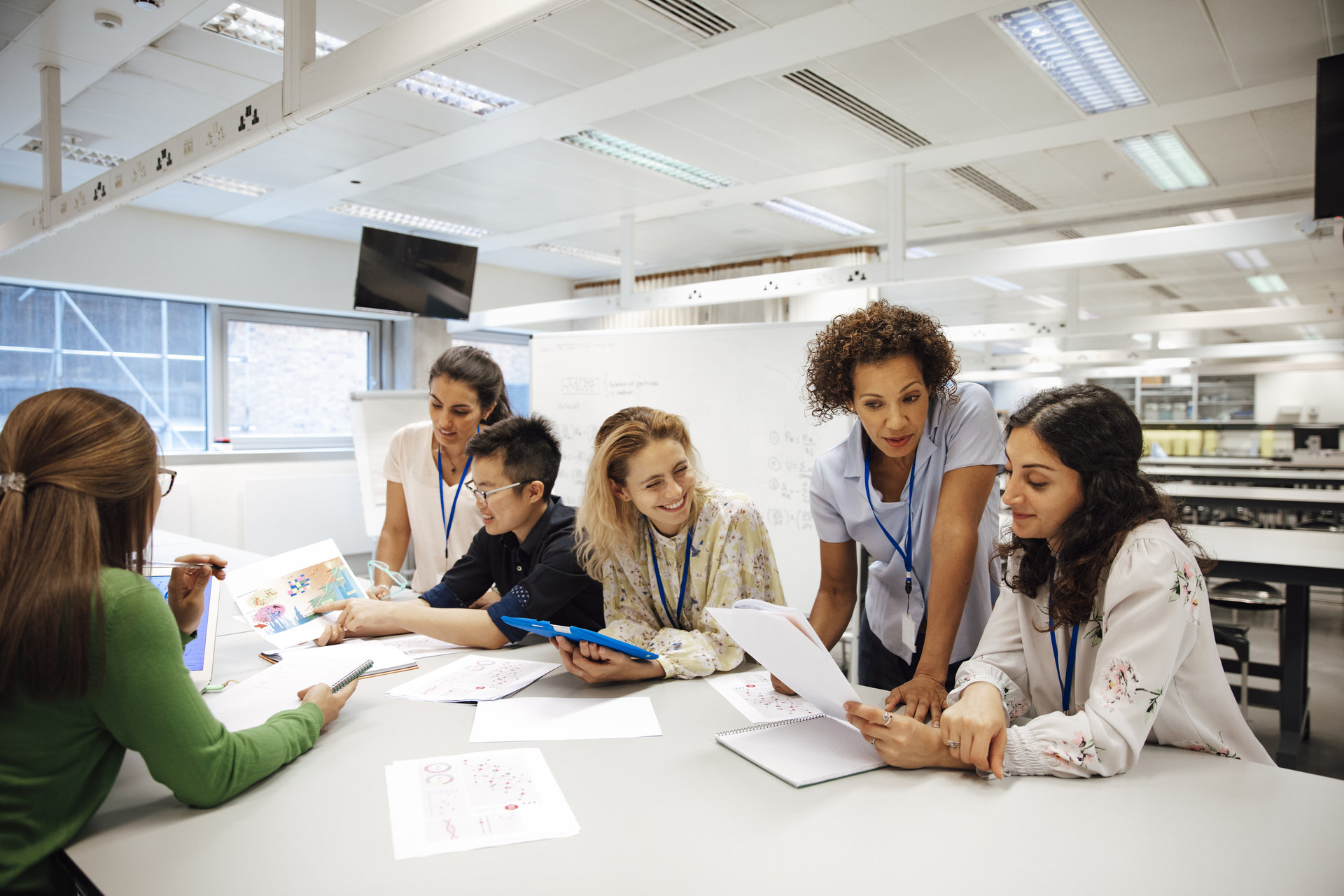
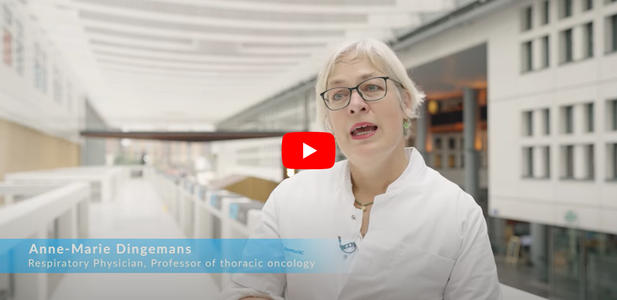
![[Translate to English:] [Translate to English:]](https://filelist.tudelft.nl/_processed_/7/7/csm_P.B.M.%20%28Pieter%29%20Vandekerckhove%20%281%29_4a1400aef7.jpg)
![[Translate to English:] [Translate to English:]](https://filelist.tudelft.nl/_processed_/0/6/csm_Dukalski%2C%20Rado%20Dukalski_2d04b0fa3d.jpg)
![[Translate to English:] [Translate to English:]](https://filelist.tudelft.nl/_processed_/8/0/csm_D.M.G.%20%28Dimmy%29%20van%20Dongen%20-%20website_6f2b428c56.jpg)
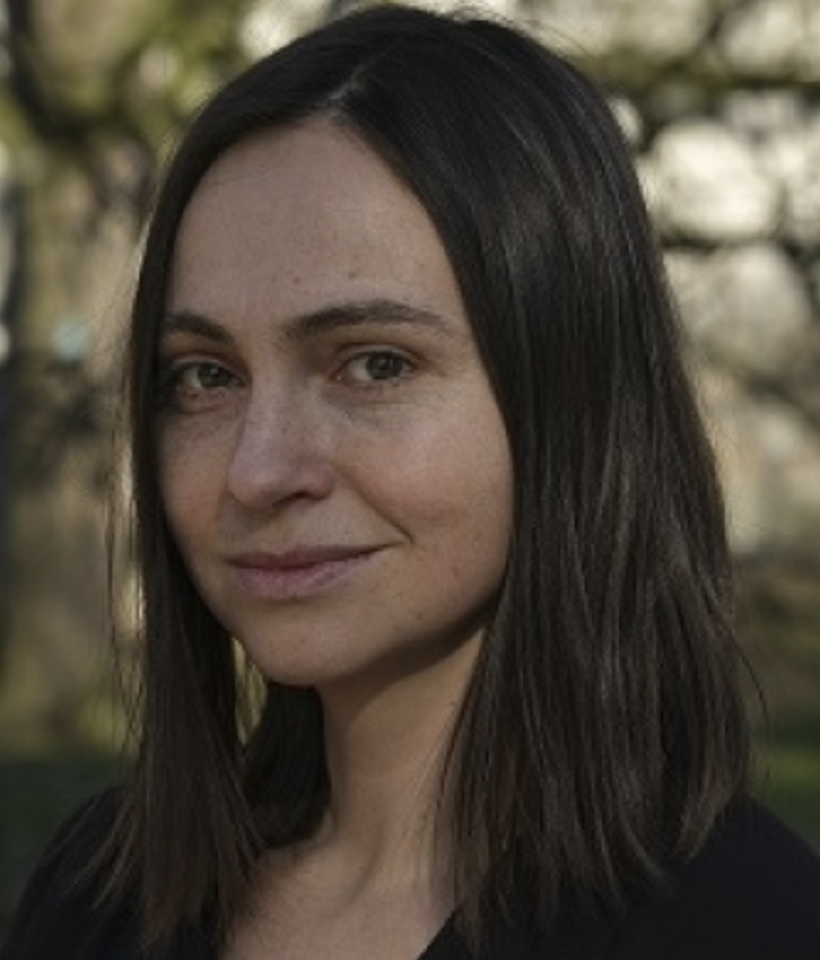
![[Translate to English:] [Translate to English:]](https://filelist.tudelft.nl/_processed_/4/c/csm_Oosterhoff%2C%20Jacobien%20Oosterhoff_c60aa58dd7.jpg)
![[Translate to English:] [Translate to English:]](https://filelist.tudelft.nl/_processed_/d/5/csm_Saba%20Hinrichs-Krapels_b89effcb4a.jpg)
![[Translate to English:] [Translate to English:]](https://filelist.tudelft.nl/_processed_/1/b/csm_Christopher%20Adlung_c03a1d5dbc.png)
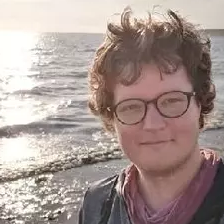
![[Translate to English:] [Translate to English:]](https://filelist.tudelft.nl/Studentenportal/Faculteitspecifiek/TBM/Onderwijs/Master/Graduation%20Portal/Linden%20van%20der_%20Naomi%20vand%20er%20Linden.jpeg)
![[Translate to English:] [Translate to English:]](https://filelist.tudelft.nl/_processed_/1/3/csm_Ashika%20Maharaj_5d7ca968da.jpg)
![[Translate to English:] [Translate to English:]](https://filelist.tudelft.nl/_processed_/3/7/csm_Ruijter%2C%20Annamarie%20de%20Ruijter%20%282%29_ffb7052ea3.jpeg)
![[Translate to English:] [Translate to English:]](https://filelist.tudelft.nl/_processed_/f/4/csm_A.%20%28Arina%29%20Soboleva_ad2cca84fb.png)
![[Translate to English:] [Translate to English:]](https://filelist.tudelft.nl/_processed_/6/7/csm_mrsatouri_6386c4ab21.jpg)
![[Translate to English:] [Translate to English:]](https://filelist.tudelft.nl/TBM/Over%20faculteit/Afdelingen/Engineering%20Systems%20and%20Services/People/M.%20%28Monica%29%20Salvioli.jpg)

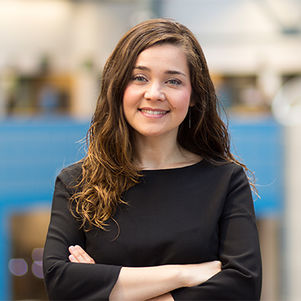
![[Translate to English:] [Translate to English:]](https://filelist.tudelft.nl/TBM/Over%20faculteit/People/M-N-O-P/Julien%20Magana.jpg)
![[Translate to English:] [Translate to English:]](https://filelist.tudelft.nl/_processed_/8/2/csm_Irene%20Grossmann%20-202110_35fc70f980.jpeg)
![[Translate to English:] [Translate to English:]](https://filelist.tudelft.nl/_processed_/5/0/csm_Martijn%20de%20Vries_aed91f1630.jpg)
![[Translate to English:] [Translate to English:]](https://filelist.tudelft.nl/_processed_/4/a/csm_Photo%20von%20mir%203_9913f6f1f8.jpg)
![[Translate to English:] [Translate to English:]](https://filelist.tudelft.nl/_processed_/0/6/csm_S.M.%20%28Samantha%29%20Copeland%20-%20website_c2fe95756c.jpg)
![[Translate to English:] [Translate to English:]](https://filelist.tudelft.nl/_processed_/7/7/csm_Martin%20Sand_8d7ace381b.jpg)
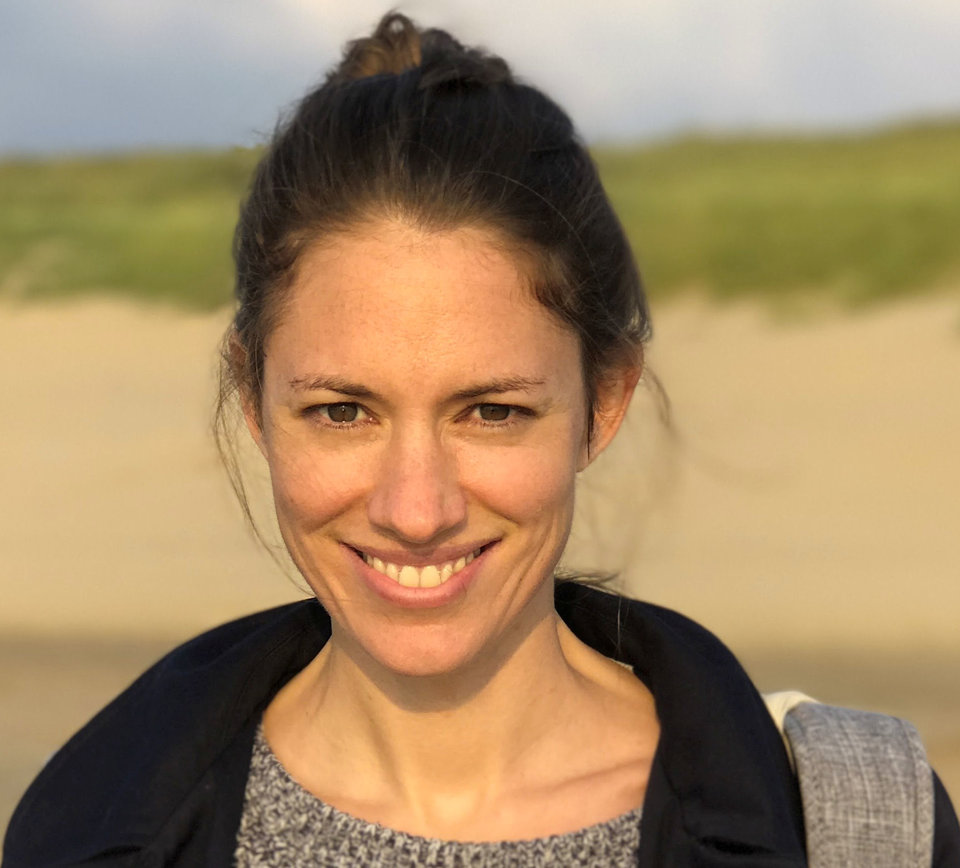
![[Translate to English:] [Translate to English:]](https://filelist.tudelft.nl/_processed_/5/1/csm_Kailas%20Honasoge_904d4268eb.png)
